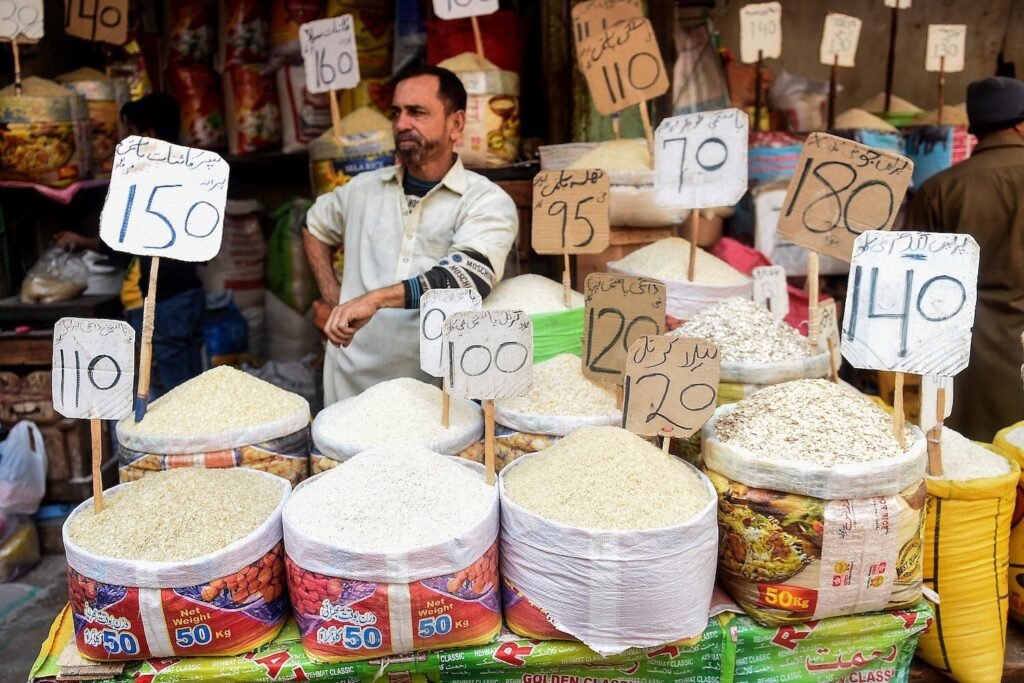Current Account Deficit Drops by 78% in July
The Ministry of Finance has released its latest monthly economic update, showcasing significant improvements in Pakistan’s economic landscape.
The report reveals that inflation dropped to its lowest level in 32 months in July 2024, reaching 11.1 percent. This represents a substantial decrease from the 28.3 percent recorded in the same month of the previous fiscal year, reflecting the positive impact of the government’s economic stabilization policies.
In addition to the inflation reduction, several other key economic indicators showed progress. Remittances surged by 47 percent in July, totaling $3 billion. This increase in foreign currency inflows is a positive sign for the country’s balance of payments and overall economic stability.
Exports grew by 12.9 percent to $2.4 billion in July, while imports rose by 16.3 percent to $4.8 billion. These figures suggest robust trade activity that could support economic growth in the coming months.
The Ministry of Finance also reported a 22.7 percent increase in tax revenue, amounting to Rs. 660 billion for July. Additionally, non-tax revenue saw a significant rise of 78.3 percent, reaching Rs. 3,050 billion on an annual basis. These gains in revenue collection are expected to enhance fiscal discipline and reduce the need for external borrowing.
The current account deficit saw a dramatic reduction, falling by 78 percent to $200 million, indicating improved external economic health.
Foreign investment also rose by 64 percent, totaling $136.3 million, with total foreign investment reaching $189.1 million. This increase in foreign direct investment (FDI) highlights growing investor confidence in Pakistan’s economic outlook.
The rupee remained relatively stable against the dollar, with the exchange rate at Rs. 278.51 in August 2024, compared to Rs. 299.64 in August 2023. This stability is crucial for maintaining consumer purchasing power and controlling inflation.
Furthermore, the Ministry of Finance noted a decrease in the interest rate from 22 percent to 19.50 percent, a move expected to stimulate economic activity by making borrowing more affordable for businesses and consumers.


